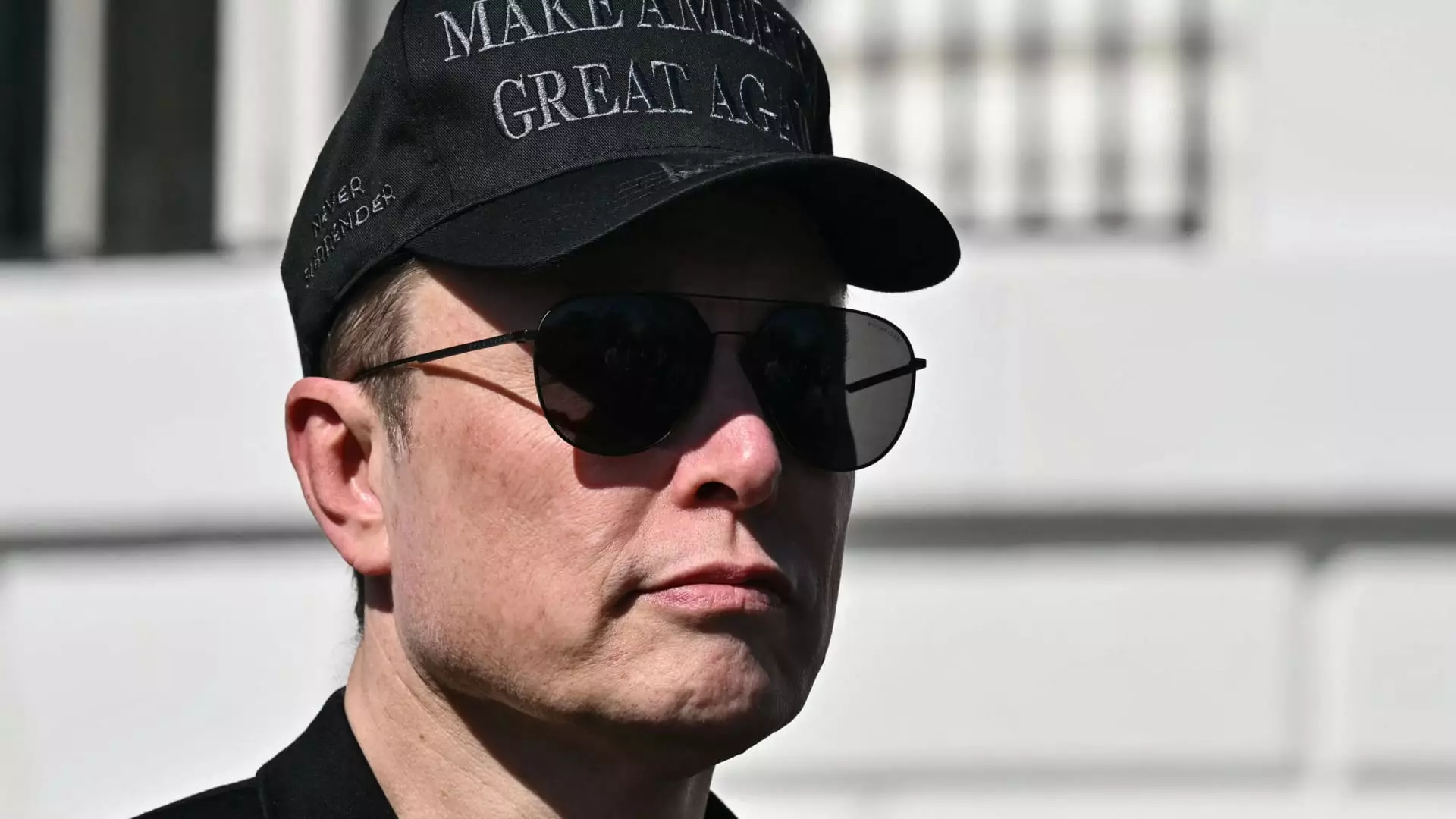Elon Musk, the enigmatic CEO of Tesla and SpaceX, finds himself entangled in legal controversy once again. A recent court summons now casts a shadow over his business dealings, spotlighting the often murky waters of corporate governance. On March 14, a process server attempted to deliver a civil summons to Musk at SpaceX’s headquarters in Brownsville, Texas. This summons is directly connected to the Securities and Exchange Commission’s (SEC) ongoing lawsuit regarding Musk’s alleged failure to timely disclose his acquisitions of Twitter stock prior to his $44 billion purchase of the social media platform in 2022.
The incident at SpaceX feeds into a larger narrative concerning Musk’s relationship with financial regulations and corporate transparency. The server’s account describes an unsettling scene where multiple security guards prevented the delivery of these critical documents, raising questions about access and transparency not just from Musk but from corporate entities at large. The manner in which the summons was delivered—thrown on the ground after being rejected—doesn’t just reflect on Musk; it serves as a metaphor for the complexities of regulatory compliance in high-stakes business environments.
Legal Challenges and the Stakes Involved
At the heart of the SEC’s complaint is Musk’s failure to disclose his stake in Twitter once it surpassed 5%, a threshold that legally obligates investors to publicly declare their holdings within ten days. The SEC alleges that Musk delayed this announcement by more than 10 days, which allowed him to negotiate a purchase price that was artificially lowered by at least $150 million. This legal predicament is not merely a technicality; it raises serious ethical questions about the responsibilities of high-profile executives. Does the immense wealth and influence of a figure like Musk create a “runway” that permits them to sidestep rules that are supposed to ensure a level playing field for all investors?
In navigating the murky waters of SEC oversight, Musk’s history with the organization adds another layer of complexity to his latest legal challenges. Having previously settled civil securities fraud charges—where both he and Tesla faced fines of $20 million—Musk’s dealings with the SEC are anything but pristine. This historical backdrop could intensify scrutiny as he responds to the current allegations, drawing public interest due to the stakes involved in corporate governance and the potential repercussions for followers and investors alike.
Political Underpinnings and Regulatory Effectiveness
Musk’s legal troubles also cannot be examined in isolation; they exist within a highly politicized atmosphere. The Trump administration’s recent budget cuts and policy changes affecting independent regulatory agencies, like the SEC, further complicate the narrative. By encouraging resignations and demanding approval for formal orders of investigation through a commissioner vote, the administration has seemingly opened the door for exploitation by corporate entities. Musk’s political contributions and involvement in right-wing causes, including a hefty $290 million spent to back Donald Trump’s presidential campaign, add yet another layer of complexity. There’s a fine line between corporate ambition and the ethical considerations of using one’s financial power for political leverage.
This entanglement illustrates the risks of allowing political dynamics to intertwine with regulatory actions. The broader implications of Musk’s case may influence how investors perceive regulatory agencies and their capabilities in enforcing compliance. If enforcement actions can be stymied by political maneuverings, then what does that say about the sanctity of financial markets?
In Musk’s world—a blend of innovation, wealth, and political influence—the boundaries of corporate governance are constantly tested. His preoccupation with stretching those boundaries raises crucial questions about ethics and accountability that have a ripple effect throughout the business ecosystem. As we witness these developments unfold, it becomes increasingly critical to assess not just the actions of high-profile individuals like Musk, but also the systems that govern them. The ongoing saga serves as a reminder that in the realm of corporate governance, compliance is not merely a checklist; it is an essential component of maintaining trust and integrity in the marketplace.

